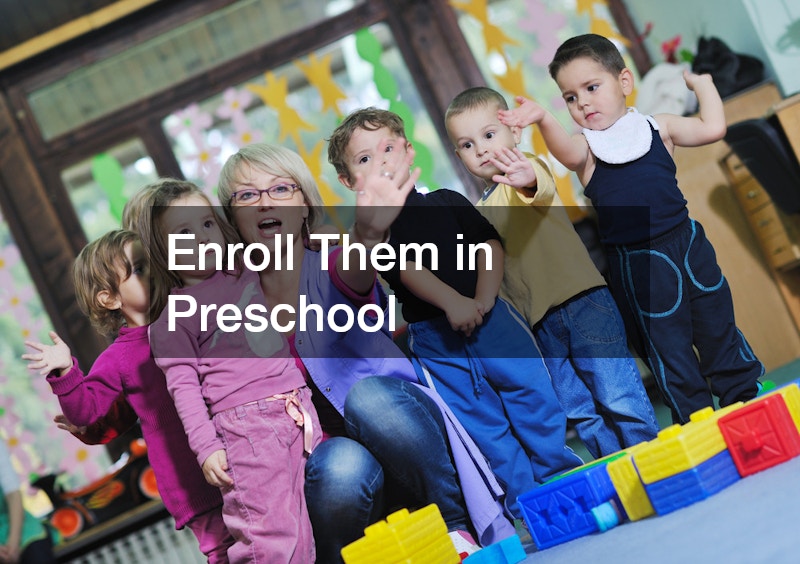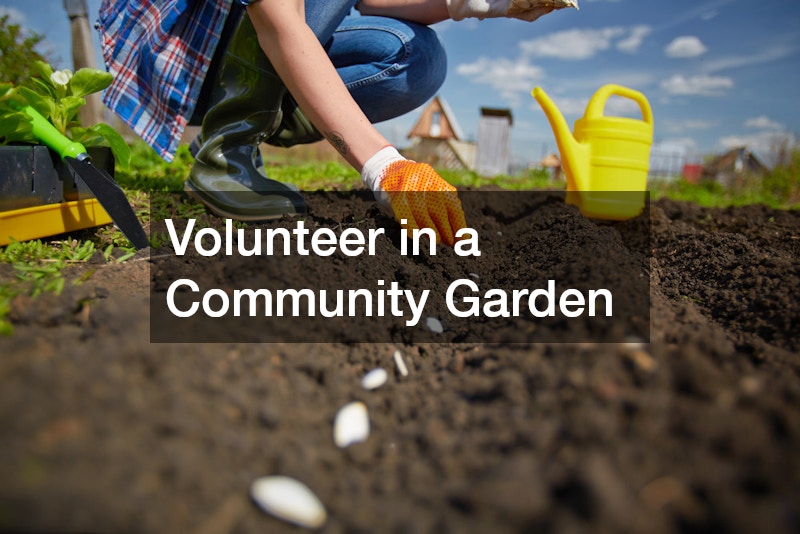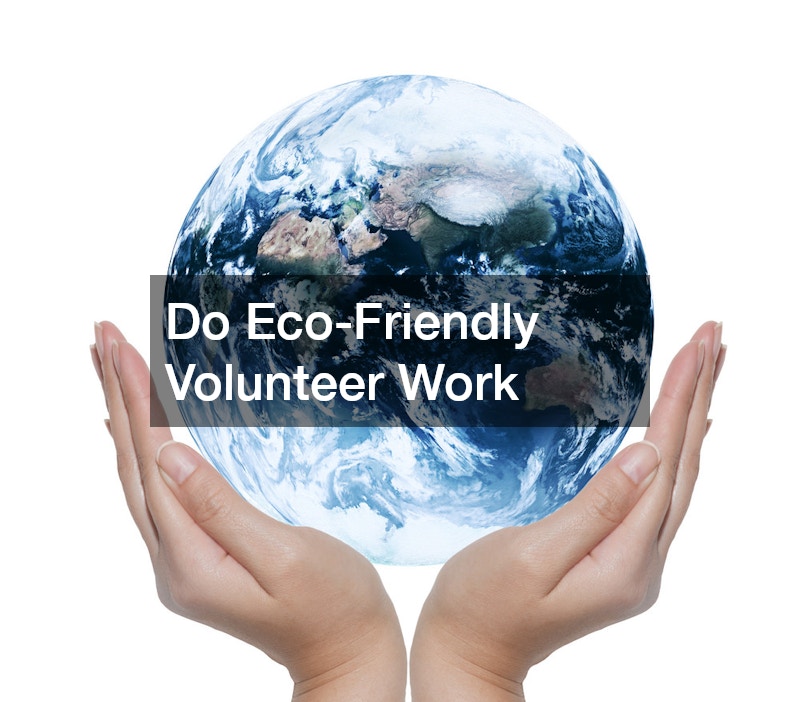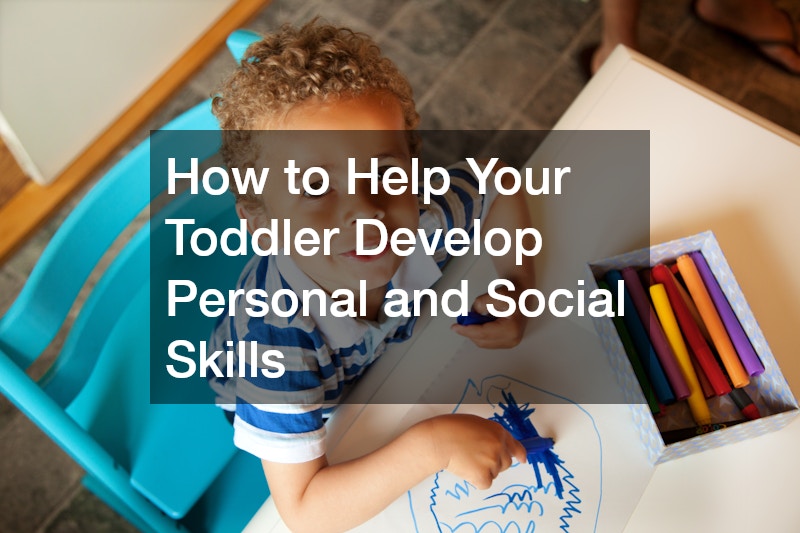In today’s fast-paced world, the cultivation of personal and social skills is more crucial than ever. These skills, encompassing everything from effective communication to empathy, are the foundation for successful interactions and lifelong relationships. Whether you are a parent looking to enrich your child’s development or an adult seeking personal growth, engaging in diverse activities can greatly enhance these competencies. This article will explore an array of activities designed to develop personal and social skills, emphasizing their impact and offering practical avenues for participation. Through structured environments like private preschool and more dynamic settings such as summer camps, these activities promise to foster growth in both structured and unstructured settings. By embracing these opportunities, individuals of all ages can learn to navigate social landscapes more adeptly, ultimately achieving greater levels of personal success and fulfillment. Let’s embark on this journey to discover practical suggestions for nurturing personal and social skills through immersive and meaningful experiences.
Enroll Them in Preschool

Enrolling your child in a private preschool is an excellent way to lay the foundation for personal and social skill development. In these early years, children learn essential skills such as sharing, cooperation, and emotional regulation. A private preschool setting often offers smaller class sizes and more personalized attention, allowing educators to better support individual growth.
Through structured play and guided learning activities, children develop communication skills and learn how to interact with their peers. Engaging in group activities teaches them the importance of teamwork and builds their confidence in social interactions. These experiences are crucial for helping children build the social skills they will rely on throughout their schooling and beyond.
Personal and social skills nurtured in a preschool environment form the basis for lifelong learning and adaptability. The supportive and nurturing atmosphere of these schools fosters a safe space for children to explore their emotions and develop empathy towards others. By prioritizing early education, parents can give their children a head start in developing the competencies that will help them succeed in all areas of life.
Sign Them Up for Summer Camp
Summer camps are a fantastic venue for children and adolescents to hone their personal and social skills. Day camps, in particular, provide an exciting mix of structured activities and unstructured play, encouraging participants to interact and form friendships. These interactions are vital to building communication, leadership, and problem-solving skills.
By being part of a diverse group, children learn to cooperate and negotiate with peers from varied backgrounds. This exposure helps them become more adaptable and empathetic individuals. Day camps often feature team activities, teaching participants how to work collaboratively towards a common goal, a key element in developing personal and social skills.
Through participation in adventurous activities and new experiences, campers build confidence and resilience. The lessons learned in a camp setting – such as accountability, flexibility, and empathy – extend far beyond the boundaries of the camp itself. By signing your child up for summer camp, you offer them a valuable opportunity to develop life-enhancing skills in a fun and supportive environment.
Volunteer in a Community Garden

Volunteering in a community garden offers numerous benefits when it comes to improving personal and social skills. Participating in activities such as planting and weed control fosters a sense of responsibility and teamwork. Engaging with others in such meaningful work facilitates communication, patience, and the ability to collaborate effectively.
A community garden is not only a place to develop skills but also a platform to build relationships. Working alongside diverse groups of individuals helps volunteers understand different perspectives and breeds empathy and understanding. These skills are crucial for navigating social spheres and forging meaningful connections in all aspects of life.
Beyond personal growth, community gardens support environmental stewardship, encouraging participants to connect with nature and their community. This connection inspires a sense of belonging and accomplishment, boosting self-esteem and group cohesion. By volunteering in these gardens, individuals can significantly enhance their personal and social skills while giving back to their community in tangible ways.
Visit a Senior Center
Visiting an assisted living community can provide an enriching experience for developing personal and social skills. Interacting with seniors fosters empathy, patience, and listening skills. These interactions also offer valuable insights into different life experiences and perspectives, promoting understanding and respect across generations.
Volunteering at a senior center can be mutually beneficial, as it allows for the exchange of knowledge and stories between generations. By serving in such an environment, volunteers can improve their ability to communicate and connect with others. These skills are transferable to various social settings and can significantly enhance personal relationships.
Regular visits to a senior center not only improve volunteers’ personal and social skills but also provide emotional fulfillment. The joy and appreciation from the senior residents foster a sense of purpose and belonging. This connection leads to a more compassionate and socially responsible individual, well-equipped to positively impact their broader community.
Do Eco-Friendly Volunteer Work

Participating in eco-friendly volunteer work, such as garbage collection, can greatly enhance personal and social skills. Working in teams on environmental clean-up projects requires effective communication and collaboration, skills essential for thriving in social settings. These activities also instill a sense of civic responsibility and environmental stewardship.
Through such volunteer work, individuals learn the importance of teamwork and cooperation to achieve common goals. These projects draw a varied group of participants, encouraging the exchange of ideas and enhancing problem-solving skills. Gaining experience in these areas strengthens one’s ability to navigate the complexities of interpersonal relationships.
Moreover, contributing to the well-being of the environment fosters a sense of accomplishment and self-worth. This fulfillment translates into improved personal and social skills, as volunteers grow more confident and competent in their interactions with others. By engaging in eco-friendly initiatives, individuals can make a positive impact on their surroundings while developing invaluable life skills.
Enroll Them in Daycare
Daycare services are instrumental in nurturing personal and social skills from a young age. These environments offer structured social interaction, allowing children to learn essential skills such as sharing, communication, and problem-solving. A quality daycare provides a supportive atmosphere for children to express themselves and form friendships.
Daycare provides an ideal setting for children to develop adaptability and resilience. Through daily interactions, they learn to manage emotions and work cooperatively with peers. These skills are foundational for academic success and future social competence.
Additionally, the diverse activities offered in daycare services promote cognitive and emotional development alongside personal and social skills. Exposure to various stimuli helps enhance creativity and critical thinking, equipping children with the tools needed for successful personal and social interactions throughout their lives.
Join a Golf Club

Joining private golf clubs offers unique opportunities to refine personal and social skills. Golf is not only a game of precision and strategy but also one that requires etiquette and communication. Playing on a golf course allows individuals to practice patience, discipline, and sportsmanship.
Social interactions on the golf course foster a sense of camaraderie, as players engage in friendly competition and mutual encouragement. These interactions improve networking abilities and can strengthen professional relationships, thereby enhancing one’s personal and social skills.
Additionally, the serene environment of a golf club provides an ideal backdrop for reflective thinking and stress relief. This tranquility supports emotional well-being, which is crucial for maintaining healthy relationships. By joining a golf club, individuals can balance physical activity with social development, promoting holistic personal growth.
Adopt a Pet
Adopting a pet is a rewarding venture with profound impacts on personal and social skills. Pet care demands responsibility, patience, and empathy, skills that contribute significantly to personal development. By caring for a pet, individuals learn to prioritize the needs of others and manage their time effectively.
The companionship of a pet provides emotional support, fostering empathy and understanding. These qualities enhance personal relationships, as they lead to improved communication and conflict resolution skills. The bond with a pet can also alleviate stress and provide a sense of comfort and belonging.
Furthermore, pets can serve as social catalysts, creating opportunities for interaction with other pet owners. These connections help improve social skills, as individuals engage in conversations and share experiences. By adopting a pet, one gains not only a loyal companion but also an opportunity to develop vital personal and social skills.
Take a Road Trip
Embarking on a road trip, especially with family or friends, is an excellent way to enhance personal and social skills. An RV rental adventure brings about unique challenges and requires cooperation and flexibility. Through shared experiences, individuals learn to compromise, communicate effectively, and solve problems as a team.
Exploring new destinations broadens horizons and fosters adaptability. It encourages individuals to step out of their comfort zones and engage with diverse cultures and environments. These experiences help build resilience and an open-minded perspective, critical components of strong personal and social skills.
A road trip allows for quality bonding time, strengthening relationships through shared memories and adventures. The interactions and teamwork involved contribute to a greater understanding and respect for each other. By undertaking such journeys, individuals enhance their knowledge of the world and themselves, leading to improved personal and social skills.
Encourage Outdoor Play
Encouraging outdoor play is one of the most effective ways to foster personal and social skills in children. Activities like climbing trees and playing in open spaces develop physical coordination and strength, contributing to overall health. Tree services that create safe play environments enhance these experiences.
Outdoor play promotes creativity and problem-solving as children navigate and explore their surroundings. It also cultivates independence and decision-making skills, crucial for personal growth. Engaging in these activities allows children to communicate and cooperate with peers, enhancing their social competence.
The natural environment offers numerous opportunities for experiential learning and emotional development. Interacting with nature teaches children about ecosystems, responsibility, and respect for the environment. By encouraging outdoor play, caregivers can provide children with the tools they need to become well-rounded individuals with strong personal and social skills.
Sign Them Up for an Art Class
Signing your toddler up for art classes can play a pivotal role in their personal and social development. Through creative expression, toddlers learn to communicate their thoughts and emotions, fostering emotional intelligence and boosting self-confidence. Art activities, such as drawing or painting, encourage them to explore their imagination and problem-solving abilities, helping to enhance cognitive skills.
Socially, group art classes provide opportunities to interact with peers, fostering teamwork, cooperation, and the ability to share materials. Toddlers learn to navigate social dynamics, taking turns and respecting others’ work. Additionally, the structured environment of art classes promotes discipline, patience, and focus, as children follow instructions and complete projects. Over time, these experiences contribute to building resilience and adaptability, key qualities in both personal and social settings. Ultimately, art classes offer toddlers a supportive environment to develop a wide range of essential skills for future growth and success.
Visit Your Local Library
Visiting the library with your toddler offers a wonderful opportunity to enhance both personal and social skills. It encourages a love for reading, fostering cognitive development and language acquisition.
Toddlers learn to sit quietly, listen attentively, and engage with books, boosting focus and patience. In a library setting, they also interact with others, including peers and adults, which nurtures social skills like sharing, taking turns, and communicating. Group storytime fosters a sense of community and helps toddlers understand social norms. Regular visits create a routine that supports independence and curiosity, laying a strong foundation for lifelong learning.
Cultivating personal and social skills through various activities is crucial for overall personal development. From enrolling children in private preschool to encouraging outdoor play, each activity presents unique opportunities for growth. These experiences equip individuals with the essential skills needed to navigate life’s challenges and build meaningful relationships.
By participating in diverse activities, individuals enhance their communication, empathy, and problem-solving abilities, becoming more adept in social interactions. Whether through volunteer work, adopting a pet, or enjoying a road trip, the lessons learned in these settings are invaluable. The skills developed not only serve individuals in their personal lives but also contribute to their professional and community engagement.
Embracing these opportunities ensures continual growth and development of personal and social skills, enriching lives in numerous ways. By actively pursuing these experiences, we can cultivate a more compassionate, connected, and resilient society. This holistic approach to skill development empowers individuals to thrive personally and socially, paving the way for a brighter future.
